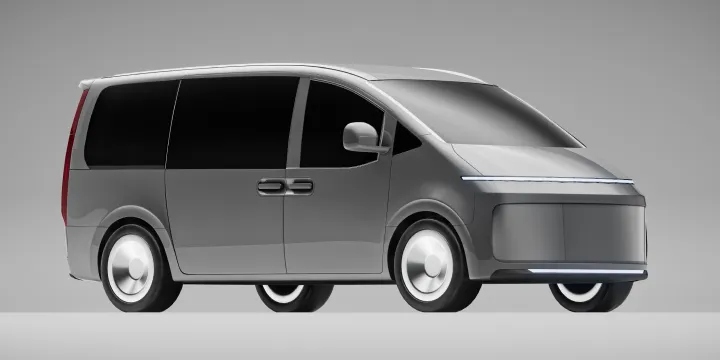Voluntary Termination (VT) is a legal right that allows you to end your car finance agreement early, without paying off the full finance amount, as long as you've repaid 50% of the total amount payable. That includes the deposit, monthly instalments, fees, and balloon payment (if on PCP).
This option is protected under Section 99 of the Consumer Credit Act 1974 and is designed to offer financial flexibility for borrowers who can no longer afford or need the car. It's especially useful if your circumstances have changed, or if the car no longer suits your lifestyle or job.
What Finance Agreements Does It Apply To?
Voluntary Termination typically applies to the two most common types of car finance in the UK:
- Hire Purchase (HP) - You pay for the car in monthly instalments and own it outright once the final payment is made.
- Personal Contract Purchase (PCP) - You pay lower monthly instalments (since you’re only covering the ongoing depreciation of the car), but must make a balloon payment at the end to own the vehicle.
It does not apply to personal loans, leasing agreements, or business contract hire, as these are structured differently and don’t fall under the same legal framework.

When Can You Voluntarily Terminate a Car Finance Agreement?
You can terminate your agreement at any point, but to avoid extra charges, you’ll need to have repaid at least 50% of the total amount payable, not just 50% of the car's value. This figure is clearly stated in your finance agreement, and includes all fees associated with your car finance agreement (as mentioned above, this does include the balloon payment on PCPs).
If you haven’t hit that 50% threshold yet, you can still use VT, but you’ll need to top up the difference to reach it. Also, the car must be in reasonable condition, accounting for fair wear and tear. Damage or excessive mileage could lead to extra fees.

Does Voluntary Termination Affect Your Credit Score?
Voluntary termination itself does not damage your credit score. However, lenders may not look at it too favourably on your credit file. Whilst not always in your control, voluntary termination is a sign of not completing your entire obligations set out in your agreement, which some lenders might see as risky to finance again.
Also, of course, if you missed payments before initiating VT, these will still show up on your credit file, and will damage your credit score. In other words, the VT does not ‘wipe’ the missed payments from before.
Voluntary Termination vs Voluntary Surrender
These terms are often confused but mean very different things:
- Voluntary Termination - A protected legal right allowing you to return the car early without further liability (after 50% repayment of total amount payable).
- Voluntary Surrender - Handing the car back when you’re unable to keep up repayments, and does damage to your credit score. However, still a preferable route to mandatory repossession, as this shows a sense of responsibility and that you were complying with your lender, despite not being in the financial position to repay them.
Out of all, always aim to use VT if you're eligible. Voluntary surrender should be a last resort, and definitely don’t let it get to the point where your lender needs to chase you down to mandatorily repossess the car.

Conclusion
Voluntary termination is a legally protected way to exit your car finance agreement early, without penalties or credit damage, as long as you follow the right steps. It can offer peace of mind during changing financial circumstances, or simply give you flexibility if you no longer need your vehicle.








.svg)




.png)







